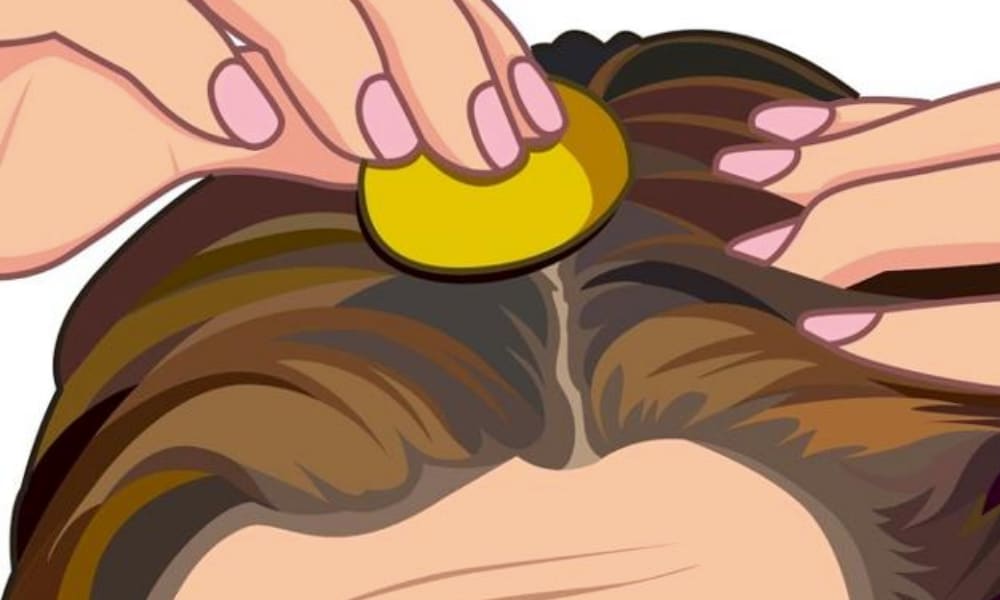How Hair Thickening Shampoo Works and What to Expect
Hair thickening shampoo is a category of cleansing products designed to make hair look fuller and feel denser. These shampoos combine cleansing agents with polymers, proteins, and conditioning molecules that temporarily coat or swell the hair shaft, reduce limpness, and improve manageability. People use them for cosmetic fullness, to support styling, or as part of a routine addressing early thinning. Results vary with hair type, scalp condition, and the underlying cause of thinning; shampoos can help appearance but usually do not change the number of hair follicles.

This article is for informational purposes only and should not be considered medical advice. Please consult a qualified healthcare professional for personalized guidance and treatment.
What is hair thickening shampoo?
Hair thickening shampoo typically contains ingredients that alter the physical properties of each strand. Common components include film-forming polymers, hydrolyzed proteins, panthenol (provitamin B5), and conditioning agents that temporarily increase shaft diameter or reduce breakage. Some formulas emphasize lightweight cleansing to avoid weighing hair down, while others balance volumizing agents with moisture retention. The goal is mostly cosmetic: fuller-looking hair immediately after use rather than long-term reversal of thinning.
How does shampoo affect hair structure?
Shampoos designed for thickness work in two main ways: they alter the surface of the hair shaft and improve manageability. Film-forming polymers and cationic surfactants bind to the hair and create a thin coating that increases the perceived diameter. Some ingredients, like panthenol, can penetrate the cuticle and attract moisture, making strands swell slightly. Reduced friction and smoother cuticles also lower breakage, which can make hair appear healthier and denser over time. Note that these effects are reversible and typically last until the next wash.
Can hair thickening products support hair growth?
Shampoos alone have limited ability to stimulate new hair growth. While some active ingredients—such as caffeine, niacinamide, or certain peptides—are included for scalp health and may support an environment conducive to growth, clinical evidence for shampoos producing significant new hair growth is limited. Improving scalp hygiene, reducing inflammation, and minimizing breakage can indirectly help retained hair look fuller. For measurable hair growth in cases of medical hair loss, topical or systemic treatments prescribed by a clinician are usually necessary.
Will thickening shampoo help with hair loss?
The effectiveness of a thickening shampoo for hair loss depends on the cause. If hair appears thin due to temporary factors like product buildup, styling damage, or light shedding, these shampoos can improve appearance and reduce breakage. If thinning is due to androgenetic alopecia, autoimmune conditions, nutritional deficiencies, or hormonal causes, shampoo alone is unlikely to stop progression. Persistent or sudden hair loss should prompt evaluation by a dermatologist or trichologist to identify underlying causes and evidence-based treatments.
How to choose and use hair thickening shampoo in your area
When selecting a product, look at ingredient lists and match them to your priorities: lightweight volumizing polymers for fine hair, protein or amino acids for damaged hair, and moisturizing agents for dry scalps. Avoid overly aggressive sulfates if your hair is already fragile. Use shampoo as directed—often focusing on the scalp, rinsing thoroughly, and following with a suitable lightweight conditioner on ends. Scalp massage while shampooing can improve circulation and product distribution. For persistent thinning, consult local services such as dermatologists or certified trichologists to assess scalp health and treatment options.
Conclusion
Hair thickening shampoos can be a useful part of a cosmetic strategy to make hair look fuller and to reduce breakage, but they offer temporary, surface-level improvements rather than permanent increases in follicle number. Ingredient choice, proper use, and addressing underlying scalp or health issues all influence outcomes. For noticeable or progressive hair loss, professional assessment is recommended to determine whether medical treatments or lifestyle adjustments are appropriate.






